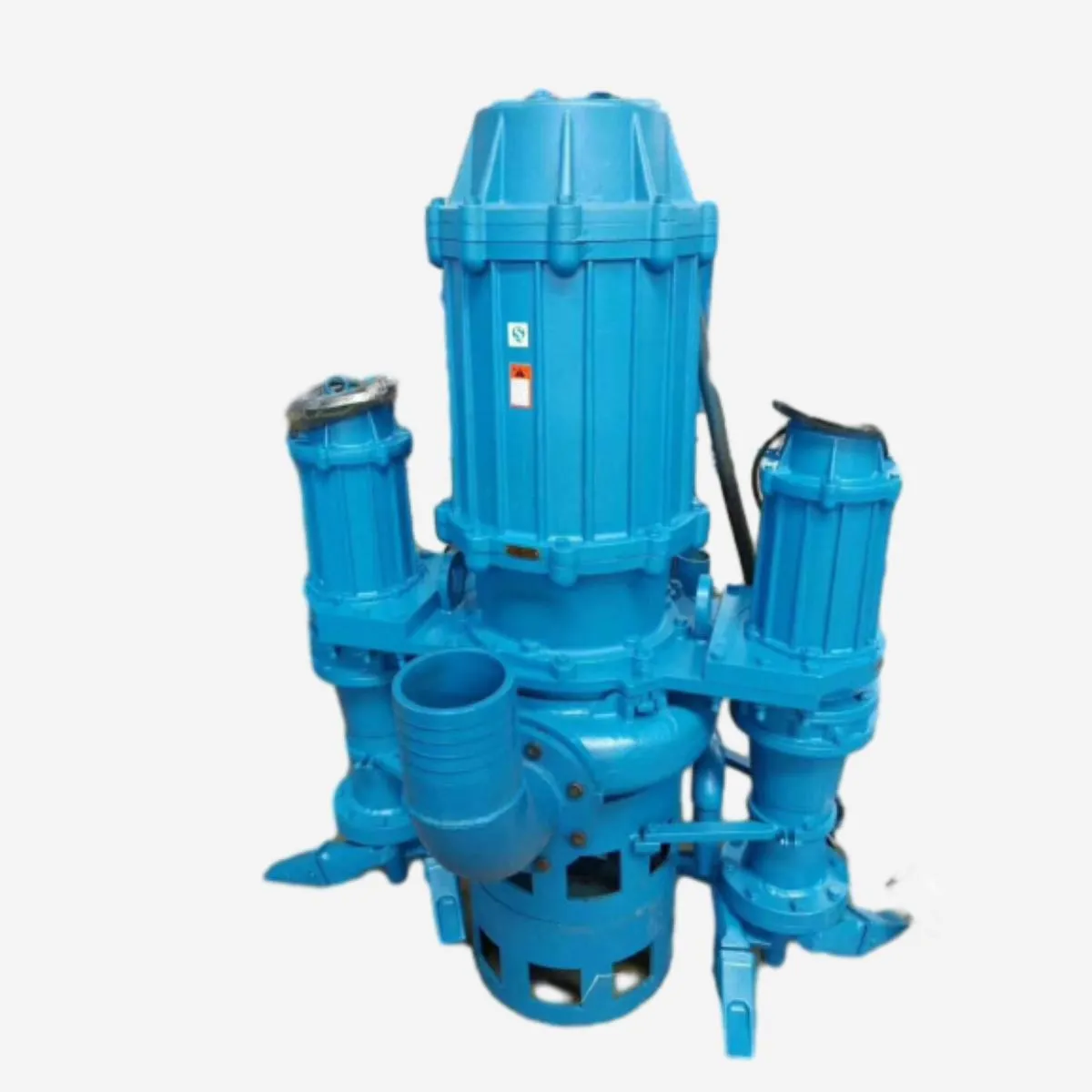Punjabi
- Afrikaans
- Albanian
- Amharic
- Arabic
- Armenian
- Azerbaijani
- Basque
- Belarusian
- Bengali
- Bosnian
- Bulgarian
- Catalan
- Cebuano
- Corsican
- Croatian
- Czech
- Danish
- Dutch
- English
- Esperanto
- Estonian
- Finnish
- French
- Frisian
- Galician
- Georgian
- German
- Greek
- Gujarati
- Haitian Creole
- hausa
- hawaiian
- Hebrew
- Hindi
- Miao
- Hungarian
- Icelandic
- igbo
- Indonesian
- irish
- Italian
- Japanese
- Javanese
- Kannada
- kazakh
- Khmer
- Rwandese
- Korean
- Kurdish
- Kyrgyz
- Lao
- Latin
- Latvian
- Lithuanian
- Luxembourgish
- Macedonian
- Malgashi
- Malay
- Malayalam
- Maltese
- Maori
- Marathi
- Mongolian
- Myanmar
- Nepali
- Norwegian
- Norwegian
- Occitan
- Pashto
- Persian
- Polish
- Portuguese
- Punjabi
- Romanian
- Russian
- Samoan
- Scottish Gaelic
- Serbian
- Sesotho
- Shona
- Sindhi
- Sinhala
- Slovak
- Slovenian
- Somali
- Spanish
- Sundanese
- Swahili
- Swedish
- Tagalog
- Tajik
- Tamil
- Tatar
- Telugu
- Thai
- Turkish
- Turkmen
- Ukrainian
- Urdu
- Uighur
- Uzbek
- Vietnamese
- Welsh
- Bantu
- Yiddish
- Yoruba
- Zulu
Telephone: +86 13120555503
Email: frank@cypump.com
ਸਤੰ. . 28, 2024 21:20 Back to list
Pumps and Their Applications in Chemical Engineering Processes and Systems
Pumps in Chemical Engineering An Overview
In the realm of chemical engineering, pumps are indispensable tools that facilitate the transportation of fluids across various processes. These mechanical devices play a crucial role in ensuring the efficiency and safety of chemical manufacturing, refining, and processing systems. This article delves into the importance of pumps in chemical engineering, their types, applications, and some considerations for effective pump selection.
The Importance of Pumps
Pumps are responsible for moving liquid chemicals, slurries, or gases from one point to another. They are designed to convert mechanical energy into hydraulic energy, enabling the transport of materials through pipes and systems. In chemical engineering, where processes often involve the handling of corrosive, high-temperature, or hazardous substances, the choice and operation of pumps are of utmost importance.
The primary functions of pumps include ensuring a continuous flow of materials, maintaining required pressures, and enabling the mixing of different components. Additionally, pumps can influence the overall efficiency of a chemical process, affecting yield and operational costs. Consequently, selecting the right pump is essential for optimizing performance and safeguarding against potential operational issues.
Types of Pumps
There are several types of pumps commonly used in chemical engineering, each designed for specific applications and fluid characteristics. The two main categories are positive displacement pumps and centrifugal pumps.
1. Positive Displacement Pumps These pumps operate by trapping a fixed amount of fluid and forcing it into the discharge pipe. They are further divided into rotary and reciprocating pumps. Positive displacement pumps are particularly effective for high-viscosity fluids or applications requiring accurate dosing. Examples include gear pumps, diaphragm pumps, and piston pumps.
2. Centrifugal Pumps These are the most widely used pumps in chemical engineering. They utilize rotational energy from an impeller to impart velocity to the fluid, converting it into pressure energy. Centrifugal pumps are ideal for low-viscosity fluids and are commonly used in applications such as cooling water systems, chemical transfer, and wastewater treatment. Their simplicity and efficiency make them a preferred choice in many industrial settings.
Applications in Chemical Engineering
Pumps are employed in various chemical engineering applications, including
pumps in chemical engineering

- Process Transfer Transporting raw materials and products between different stages of production, such as from reactors to separators or from storage tanks to processing units.
- Mixing and Blending Assisting in the thorough mixing of chemicals in batch processing or continuous operations
.- Cooling and Heating Circuits Facilitating the movement of heat transfer fluids in reactors, heat exchangers, and cooling systems.
- Recycling and Waste Treatment Pumping waste streams for treatment and recirculation, contributing to more sustainable engineering practices.
Considerations for Pump Selection
Choosing the right pump for a specific application involves evaluating several factors
- Fluid Properties Understanding the characteristics of the fluid being pumped, including viscosity, temperature, chemical compatibility, and whether it contains particulates.
- Flow Rate and Pressure Requirements Determining the necessary flow rate and discharge pressure for the intended application.
- Operational Environment Considering factors such as temperature extremes, potential exposure to chemicals, and the physical space available for installation.
- Maintenance and Reliability Assessing the maintenance needs of the pump type and its operational reliability, especially in critical processes.
In conclusion, pumps are vital components in chemical engineering that facilitate the efficient movement of fluids and materials. Understanding the various types of pumps and their applications, as well as the considerations for their selection, can significantly impact the performance and safety of chemical processes. By optimizing pump choice and operation, chemical engineers can enhance productivity and ensure the sustainability of their operations.
-
ISG Series Vertical Pipeline Pump - Chi Yuan Pumps Co., LTD.|High Efficiency, Low Noise, Durable
NewsAug.02,2025
-
ISG Series Vertical Pipeline Pump - Chi Yuan Pumps | High Efficiency, Low Noise
NewsAug.02,2025
-
ISG Series Vertical Pipeline Pump- Chi Yuan Pumps Co., LTD.|High Efficiency&Compact Design
NewsAug.02,2025
-
Heavy-Duty Mining Sludge Pumps - Wear-Resistant Slurry Handling
NewsAug.02,2025
-
Horizontal Split Case Pump with GPT-4 Turbo | High Efficiency
NewsAug.01,2025
-
ISG Series Pipeline Pump - Chi Yuan Pumps | High Efficiency, Durable Design
NewsAug.01,2025










